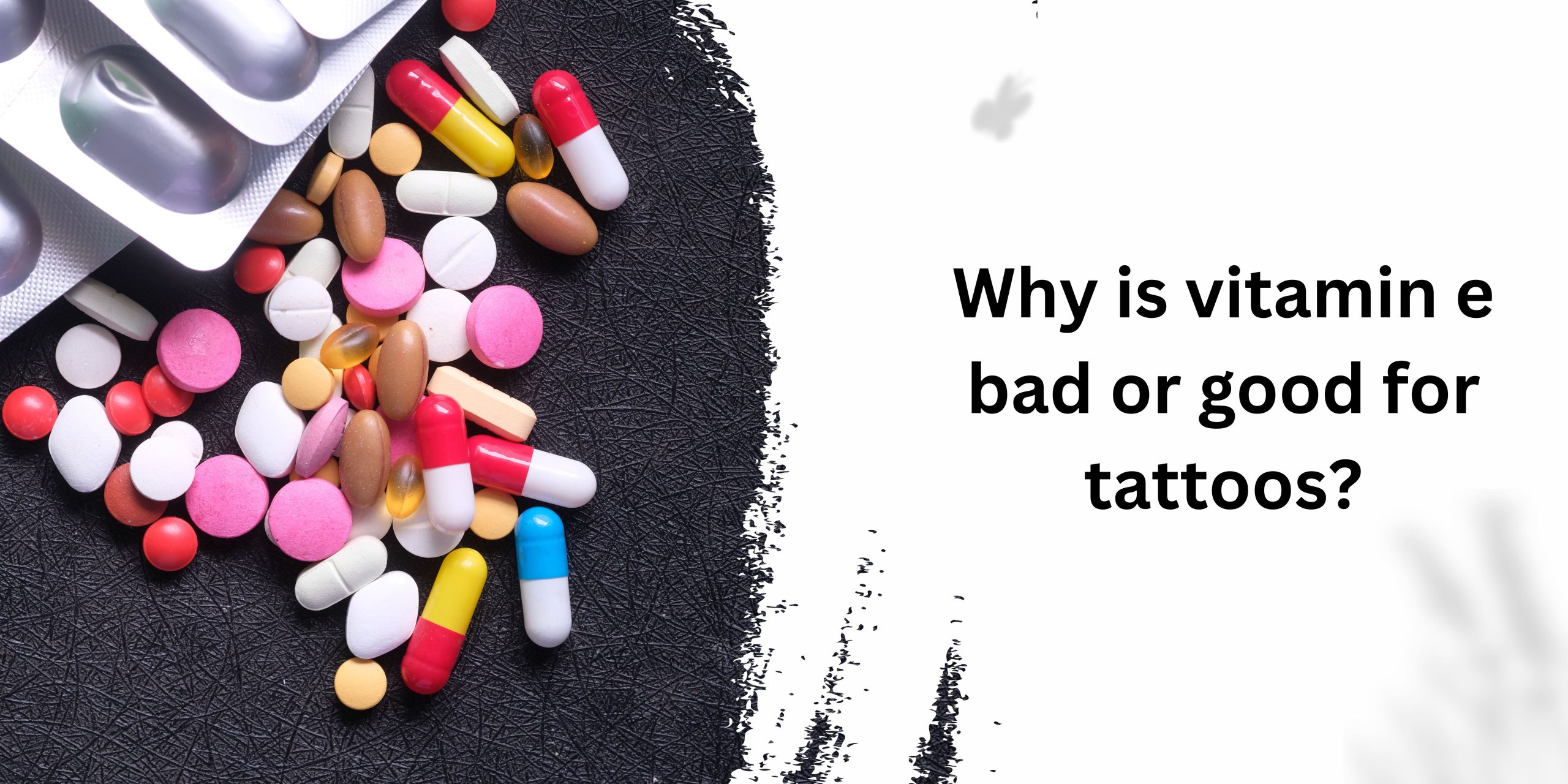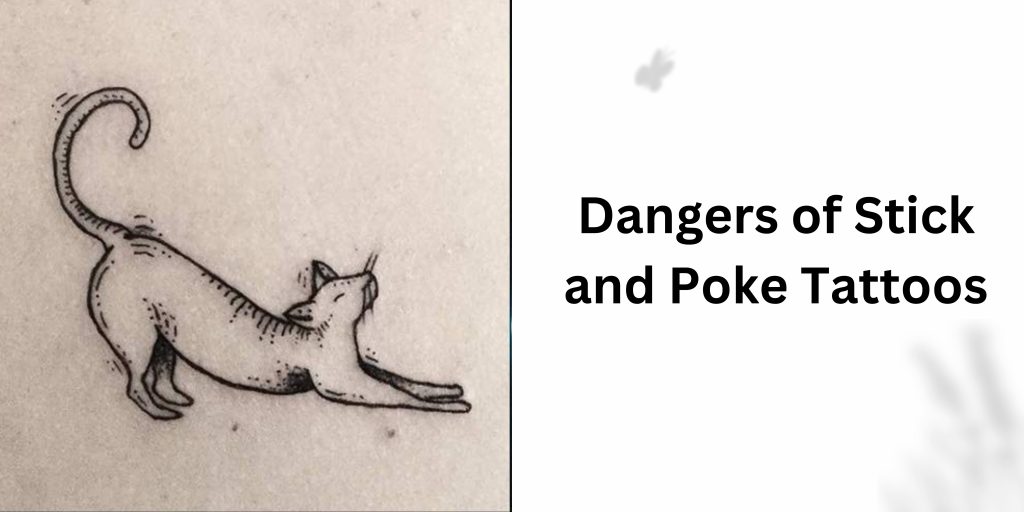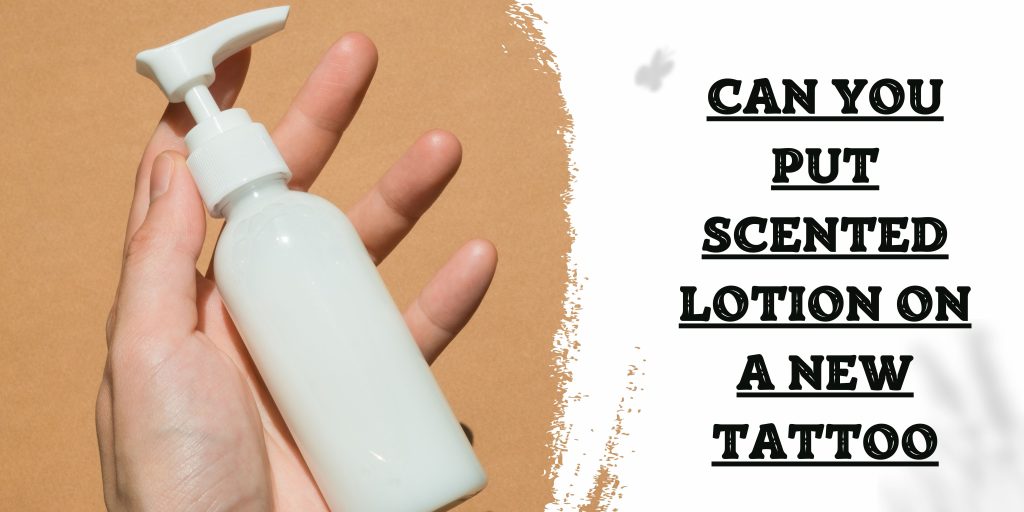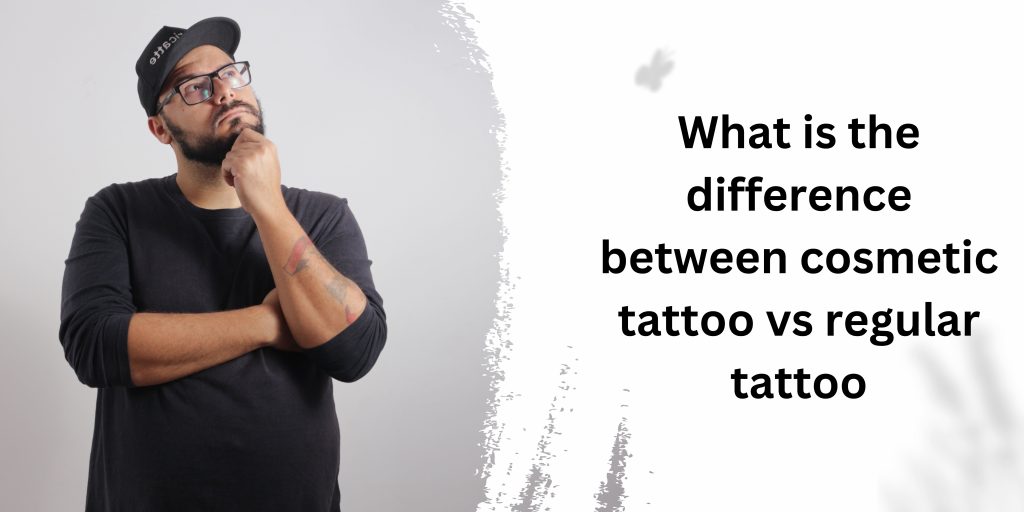Tattoos are not just ink on skin; they’re stories etched into our lives, permanent markers of memories and passions. As the tattoo industry continues to flourish, enthusiasts often explore various aftercare methods to ensure their ink stands the test of time. Amidst the sea of recommendations, one question surfaces: Why is vitamin E bad or good for tattoos?
Unmasking the Vitamin E Myth
The Dark Side of Vitamin E
Contrary to its reputation, when it comes to tattoos, vitamin E can be a double-edged sword. Some argue that it aids in healing, while others share horror stories of tattoos gone wrong.
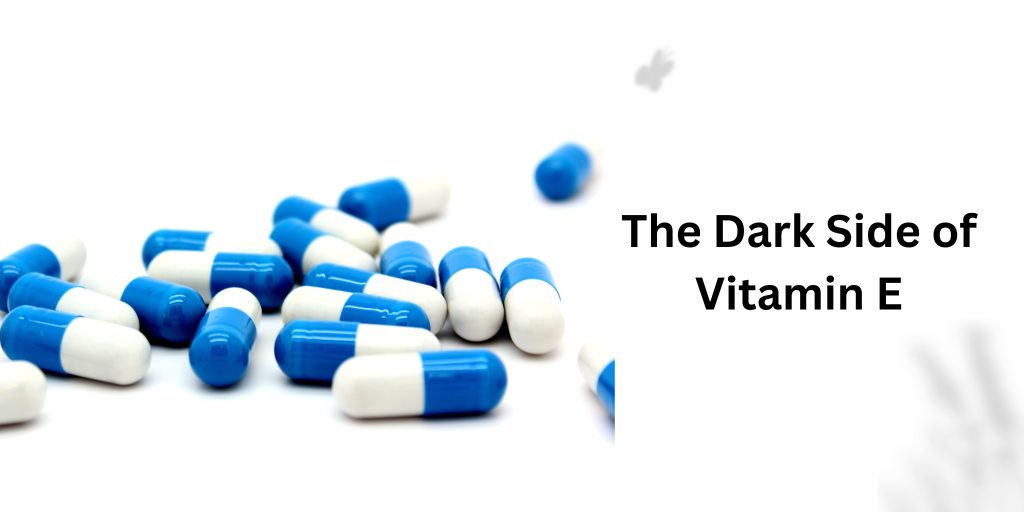
Allergic Reactions Unveiled
Picture this: you diligently follow your aftercare routine, generously applying a vitamin E-rich ointment. Suddenly, your skin rebels, erupting in redness and irritation. Allergic reactions to vitamin E are not uncommon, turning your artistic masterpiece into a canvas of discomfort.
The Fading Fiasco
The plot thickens as we uncover another twist. Vitamin E, often hailed for its scar-reducing prowess, might be a culprit in the fading saga. Tattoos lose vibrancy over time, but the use of vitamin E could potentially accelerate this process, leaving you with a muted version of your once-vibrant ink.
Read More: Is Bepanthen Good for Tattoos?
How to Incorporate Vitamin E into Your Routine
Now that we’ve unraveled the enchanting tale of vitamin E, how can you integrate this skin-loving nutrient into your daily routine?

Topical Application: Vitamin E Oil
For a direct dose of vitamin E, consider using vitamin E oil. Gently massage a few drops onto clean, dry skin, allowing the oil to absorb and work its magic. This can be particularly beneficial for targeted areas, such as scars or areas prone to dryness.
Skincare Products: Look for the Label
Many skincare products, from moisturizers to serums, feature vitamin E in their formulations. Check product labels for tocopherol or tocopheryl acetate, common forms of vitamin E used in skincare. These products offer a convenient and fuss-free way to incorporate vitamin E into your routine.
Dietary Delights: Eat Your Way to Radiance
Remember, beauty starts from within. Include vitamin E-rich foods in your diet, such as nuts, seeds, spinach, and avocados. A well-rounded and nutrient-rich diet contributes to overall skin health.
Why Is Vitamin E Oil Good For Your Tattoos?
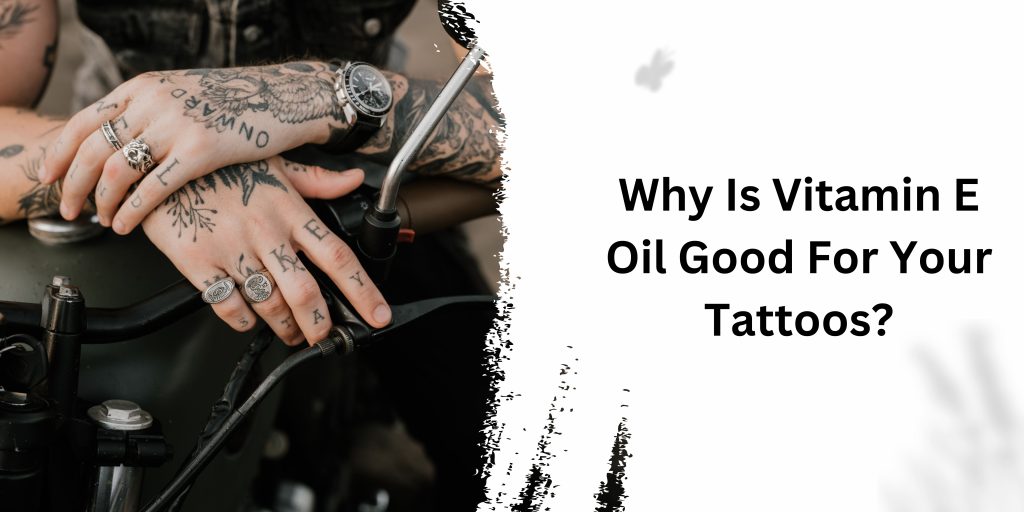
Antioxidant Guardian: Shielding Your Ink
At the heart of Vitamin E’s charm lies its antioxidant prowess. Tattoos, like any form of art, are susceptible to the passage of time and environmental factors. Vitamin E swoops in as the guardian, neutralizing free radicals that could otherwise compromise the vibrancy of your ink. By combating oxidative stress, it contributes to the longevity of your tattoo’s brilliance.
Nourishing the Canvas: Hydration Booster
Tattoo aftercare is, at its core, a commitment to keeping your skin hydrated and nourished. Vitamin E oil, with its moisturizing properties, becomes a dynamic ally in this endeavor. It forms a protective layer, locking in moisture and preventing your tattoo from drying out. This hydration boost not only aids in the healing process but also enhances the overall appearance of your ink.
How and When to Apply Vitamin E Oil on Tattoos
Immediate Post-Inking Care: The Genesis
The tattooing process concludes, and your masterpiece is unveiled. Now is the time to introduce Vitamin E oil to the equation. Ensure your tattoo artist has applied a thin layer of a recommended ointment or cream. Once you’re home and ready to embark on the aftercare journey, give your tattoo a gentle wash with mild, fragrance-free soap.
Application Ritual:
- Pat Dry: Gently pat the tattooed area dry with a clean, soft cloth. Avoid rubbing to prevent irritation.
- Thin Layer Application: With clean hands, apply a thin layer of Vitamin E oil over the tattoo. A little goes a long way—there’s no need to drown your ink in oil.
- Frequency: Repeat this process 2-3 times a day during the initial healing phase, ensuring your tattoo remains clean and adequately moisturized.
The Healing Phase: Consistent Care
As your tattoo enters the healing phase, consistency is key. Continue applying Vitamin E oil to maintain optimal moisture levels, promote healing, and harness the antioxidant benefits of this skin-loving elixir.
Application Ritual:
- Gentle Cleansing: Before each application, cleanse the tattooed area with a mild, fragrance-free soap. Pat dry with a soft cloth.
- Delicate Massage: During application, use gentle, circular motions to massage the oil into your skin. This promotes circulation and aids in the absorption of Vitamin E.
- Mindful Application: Pay extra attention to any scabbing or peeling areas. Apply the oil carefully to avoid disrupting the healing process.
- Frequency: Stick to a consistent routine of 2-3 applications per day until your tattoo is fully healed. This duration may vary based on individual healing times.
Long-Term Tattoo Maintenance: A Lifelong Affair
The magic of Vitamin E doesn’t end with the healing phase. Long-term maintenance is crucial for preserving the vibrancy of your ink. Even after your tattoo is fully healed, incorporating Vitamin E oil into your skincare routine can enhance the overall appearance of your body art.
Application Ritual:
- Cleanse and Prep: Before applying Vitamin E oil, cleanse the tattooed area with a gentle soap and ensure it’s completely dry.
- Mindful Massage: Massage a small amount of Vitamin E oil into the skin, focusing on the tattooed areas. This not only nourishes your skin but also keeps the colors of your tattoo vivid.
- Sunscreen Synergy: If heading outdoors, consider applying sunscreen over the tattooed area after the oil has been absorbed. This shields your ink from harmful UV rays, preserving its brilliance.
- Frequency: Incorporate Vitamin E oil into your routine 2-3 times a week or as needed. Adjust based on your skin’s responsiveness and the environmental conditions.
The Power of Vitamin E for Tattoo Aftercare
Antioxidant Armor: Protecting Your Canvas
Vitamin E, a potent antioxidant, plays a vital role in safeguarding your tattoo against the ravages of free radicals. These unstable molecules can dull the colours of your ink over time. By applying Vitamin E during the healing process, you create a protective shield that combats oxidative stress, ensuring your tattoo remains vivid and captivating.
Moisture Mastery: Hydration for Healing
Tattoo aftercare is synonymous with keeping your skin hydrated, especially during the crucial healing phase. Vitamin E excels in this department, acting as a moisture magnet that prevents your tattoo from drying out. Hydrated skin not only aids in the healing process but also enhances the overall appearance of your ink, making it pop with vibrancy.
Skin Rejuvenation: Accelerating Healing
The healing journey of a tattoo involves the regeneration of skin cells and the formation of collagen. Vitamin E accelerates this process, promoting efficient tissue repair. Its regenerative properties not only aid in healing but also contribute to the prevention of potential complications, ensuring your tattoo heals beautifully.
Alternatives of Vitamin E
If vitamin E isn’t the superhero your tattoo needs, what alternatives are there? Fear not; the aftercare realm is vast, offering alternatives that cater to various skin types and preferences.
1. Stick to the Basics: Fragrance-Free Lotions
Opt for a fragrance-free, hypoallergenic lotion—simple yet effective. These lotions provide the necessary moisture without the potential pitfalls associated with vitamin E.
2. Specialized Tattoo Aftercare Products
Enter the market of specialized tattoo aftercare products. Formulated with the art of tattoo healing in mind, these products often omit vitamin E, ensuring a safe and vibrant healing process.
3. Consult Your Artist
When in doubt, consult your tattoo artist. They are your guides in this artistic journey, armed with experience and insights. They can recommend aftercare routines tailored to your skin’s unique needs, steering you away from potential pitfalls.

